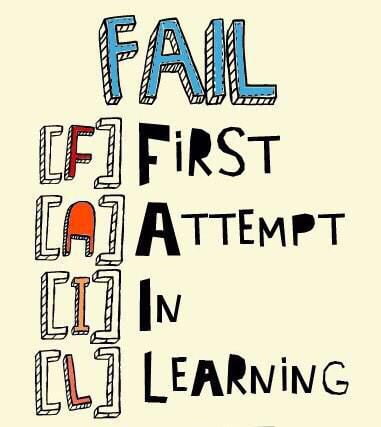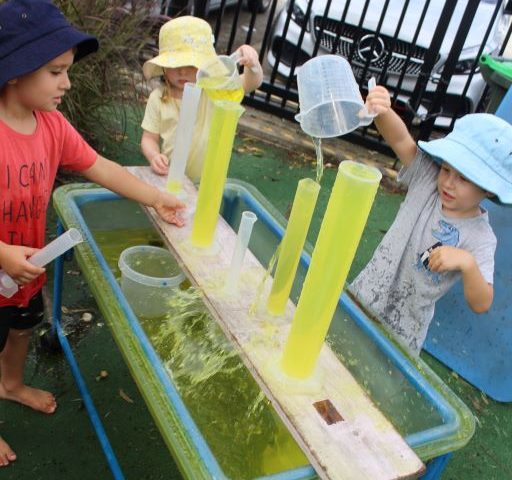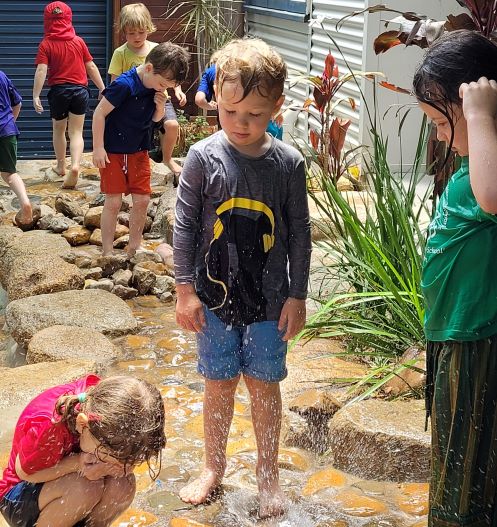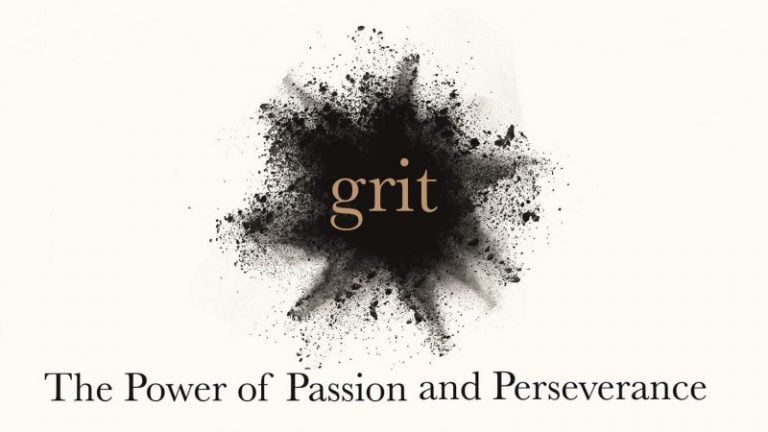
Parenting for the long game!
May 14, 2021
FAIL (First Attempt In Learning).
July 16, 2021Maths is everywhere. Maths is all about thinking, noticing, problem-solving, having-a-go, being curious and persevering. It would be hard to have a conversation with children without a maths concept creeping in somewhere, which is just as well, as it is an essential skill for everyday life.
Children’s understanding about mathematical concepts begin from the moment they’re born as they interact with people and the world around them. Much of our everyday conversations support numeracy. By being more aware of mathematical language we can support children to play, explore, and use the words that build mathematical understandings and confidence.
It is generally recognised that there are six significant areas of early numeracy:
- numbers and counting (including one-to-one correspondence: counting 1 cup for 1 person)
- sharing, number comparison and ordering
- calculations patterns
- shapes measurement
So what are some maths words?
Same Different Equal More Less Group Fewer Take away Add on How many? Number names Predict Guess Wonder Pattern
Before After Time First Middle Last
What’s next? Big, bigger, biggest Small, smaller, smallest Order Size Half Share Empty Enough Part Whole Guess Predict Wonder Sort Heavy Light Wide Narrow Faster Slower Full
Empty Measure Cold Hot Tall Short Weigh Low High Down Up Upside down Next to Under Top Bottom Through Shape Curved Bent Square Rectangle Triangle Corner Points Cube Straight Edge
Some everyday examples:
Does everyone have a cup? (counting; one-to-one correspondence)
My car goes so fast. Oh no, it went under the bed. (measurement-speed, positional concepts)
What’s the number on our letter box? (recognising numbers)
Will all the cuddly toys fit in this box? (measurement-area)
The bean bag is big enough for 2. (classification, spatial awareness)
This lid is too small. (measurement-size)
That puzzle piece has a straight side. It’ll fit somewhere on the edge. (measurement-area)
Only 2 sleeps until your birthday. (measurement-time)
This shopping bag is so heavy. (measurement-weight)
How much cereal is left (measurement-volume)
There’s 6 children here so let’s cut the cake in 6 pieces. (one-to-one correspondence, fractions)
Would you like your sandwich cut into squares or triangles? (geometry-shape)
I can tell you rolled a 6 by the pattern on the dice. (number, patterns)
I’m gluing the smaller box on top of the bigger box. (Measurement- size, comparing)
Can you please make the clay into a cube? (geometry -3D shape)
Using maths words provides another avenue for talking together with your child about what you are seeing and doing together. Talking, play and everyday experiences helps your child to develop maths language which is fundamental for building strong mathematically understandings as they grow.





